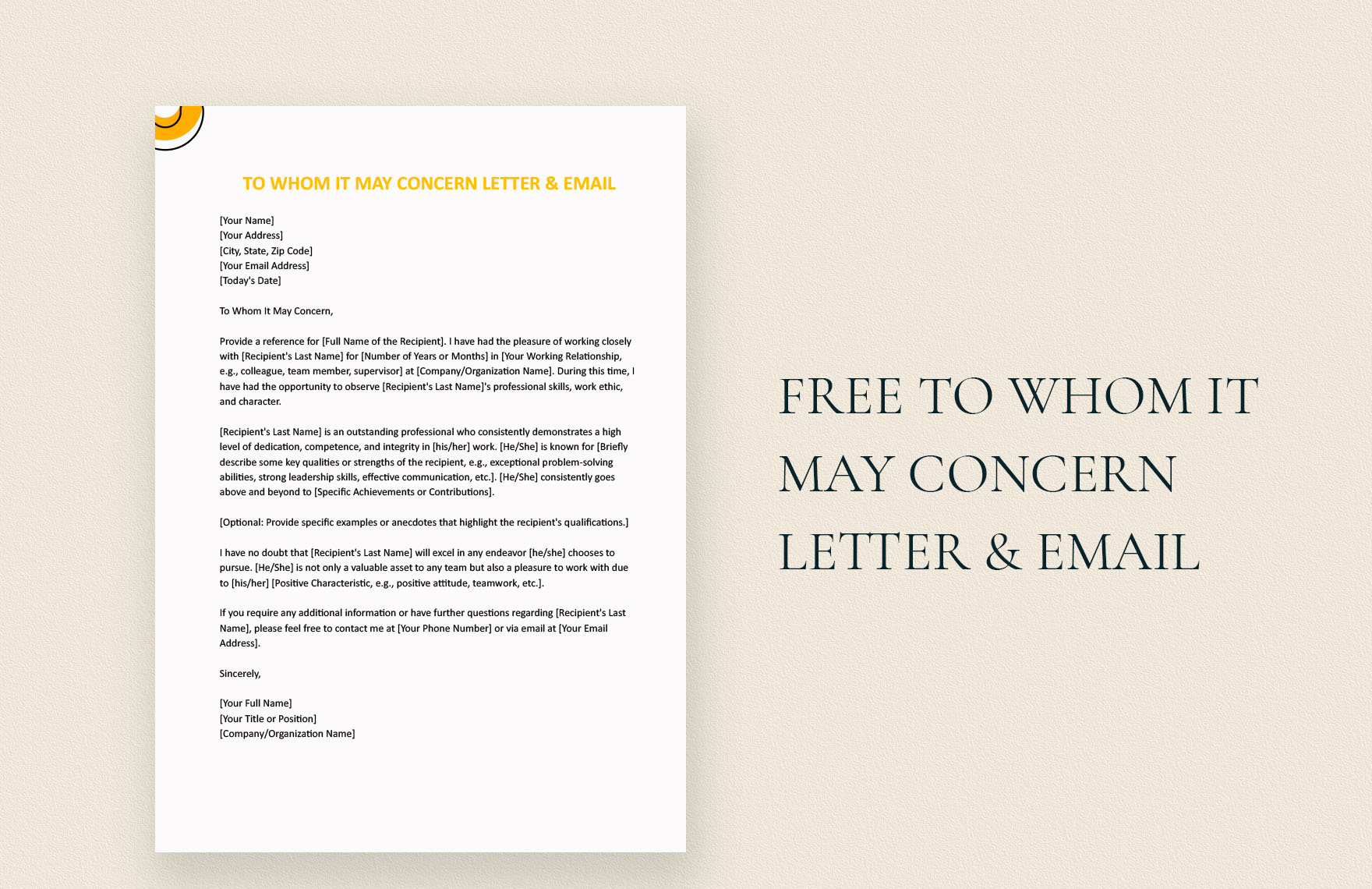Drowning in a sea of unwanted emails and memos? Is there a secret weapon to reclaim your inbox and mental space? "To whom it no longer concerns Ch. 13" might be the surprisingly effective tool you've been overlooking!
The phrase "to whom it no longer concerns Ch. 13" acts as a clear signal, indicating that a particular communication has outlived its relevance for the recipient and can be safely ignored. Think of it as a polite yet firm way to say, "This isn't for you anymore." Its common application lies in email subject lines, instantly flagging the content's obsolescence, or at the opening of letters, setting the stage for a swift dismissal.
The advantages of adopting this phrase are threefold. First, it drastically cuts down on inbox clutter, a common ailment in our digitally overloaded lives. Second, it enables you to prioritize incoming communications, focusing your attention on matters that genuinely require your input and action. Third, and perhaps most importantly, it prevents the wasteful expenditure of time on reading information that holds no bearing on your current responsibilities or interests.
The history of "to whom it no longer concerns Ch. 13" stretches back to the early 20th century, a period marked by the rise of mass mailings as businesses sought to expand their reach. As the volume of correspondence swelled, the need for a mechanism to distinguish between relevant and outdated communications became increasingly apparent. Thus, the phrase emerged as a practical solution.
Even today, "to whom it no longer concerns Ch. 13" remains a staple in both personal and professional settings. Its simplicity and effectiveness make it an indispensable tool for managing the flow of information and ensuring that only pertinent messages command our attention. It serves as a concise declaration that the communication's purpose has been fulfilled for the intended reader.
The phrase "to whom it no longer concerns Ch. 13" is, in essence, a linguistic tool designed to streamline communication by explicitly marking content as irrelevant to the recipient. Its purpose is straightforward: to save time and mental bandwidth by filtering out information that no longer requires attention.
- Understanding A Ramen Noodle Recall Brand Safety First
- Decoding The Gali Gool Leak What You Need To Know Now
| Category | Information |
| Origin | Early 20th Century |
| Primary Use | To indicate a communication is no longer relevant to the recipient. |
| Common Applications | Email subject lines, beginning of letters, internal memos. |
| Benefits | Reduces inbox clutter, prioritizes communications, saves time. |
| Key Characteristics | Concise, clear, polite, professional, universally understood, timeless, effective. |
| Related Concepts | Effective communication, information management, professional etiquette. |
| Further Reading | Business Communication on Wikipedia |
- Aries Aquarius Compatibility A Celestial Guide You Need
- Breaking Are Maruchan Ramen Noodles Recalled What You Need To Know


